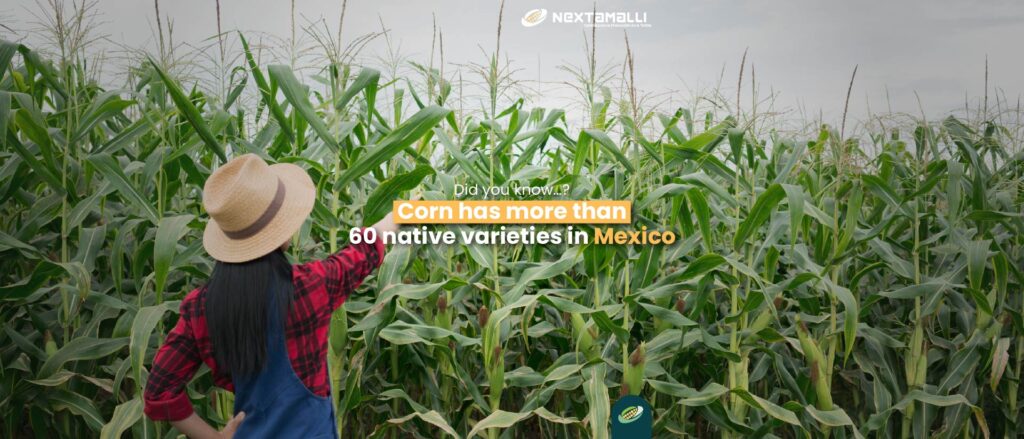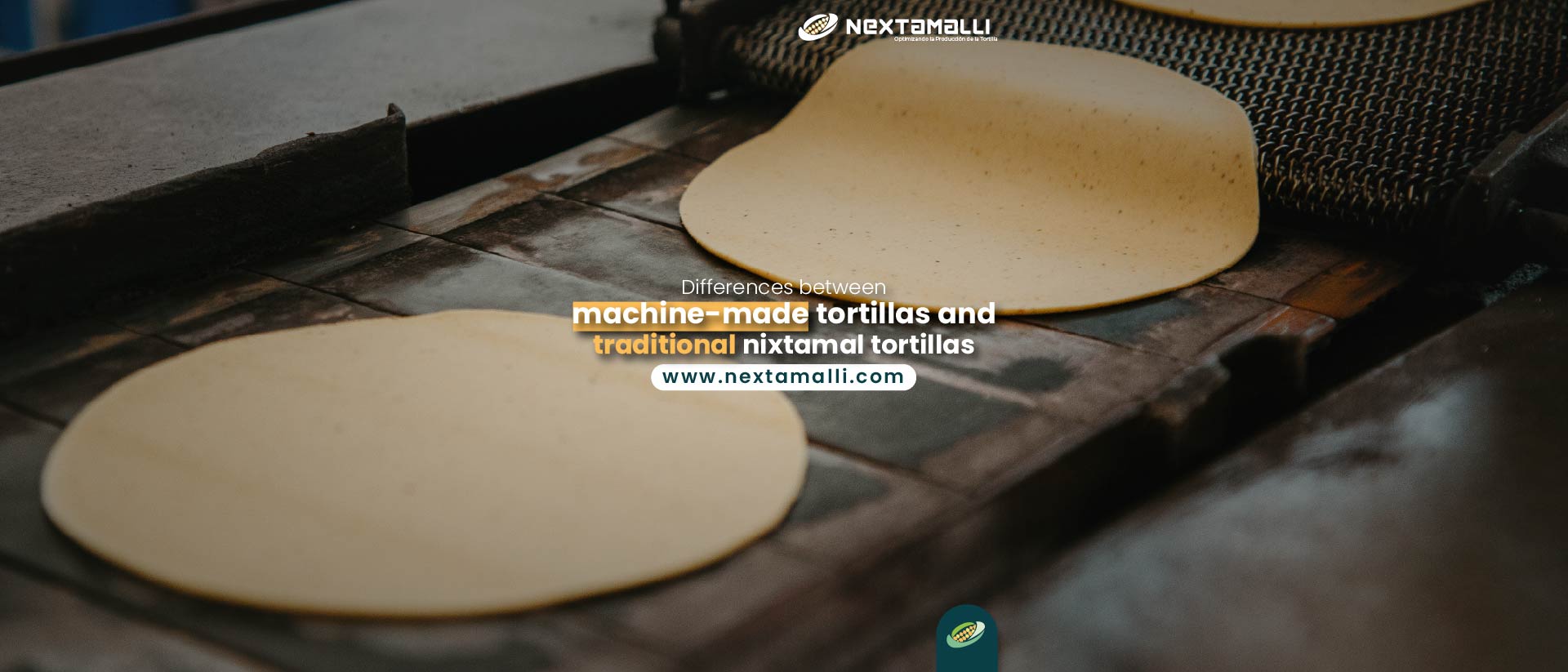When we think of Corn Varieties, we often picture the usual yellow cob — maybe white, or blue if we’re lucky. But behind this staple food lies an incredible amount of genetic and cultural richness.
🌽 Mexico is the birthplace of corn — its origin, domestication, and diversification — and today there are over 60 native corn varieties grown throughout the country. Each one carries its own history, use, flavor, and ancestral value.
🌱 Every Corn Variety Tells a Story
From the highlands to the coasts, jungles to valleys, Mexican corn has adapted to countless ecosystems thanks to indigenous knowledge.
Each variety has a name, a color, a cultivation method, and a purpose:
- 🌾 Palomero Toluqueño: ideal for popcorn
- 🌽 Chapalote: ancient and used in rituals
- 🌈 Olotillo, Tehua, Cónico, Zapalote… the list goes on — each one unique
These varieties are not just seeds — they are inherited wisdom, genetic resilience, and cultural heritage.
📚 Why Is It Important to Preserve Them?
In a world dominated by industrial farming and GMO crops, native varieties face constant threats. Many could disappear if they’re not continually grown and protected.
Preserving corn diversity means:
- Saving unique and authentic flavors
- Defending food sovereignty
- Keeping ancient culture alive and thriving
🔬 Technology in Service of Tradition
At Nextamalli, we believe honoring corn diversity also means using technology to protect it.
How?
➡️ With our ALITECH reactors, cooking different corn varieties becomes easier, cleaner, and more precise. Each variety requires specific temperatures and cooking times, and our system allows for accurate adjustments to achieve the best nixtamal.
This way, modern tortilla businesses can still use native corn without sacrificing efficiency or quality.
🧠 Corn Is More Than Food: It’s Identity
When you choose a native variety, you’re also choosing a story, a region, a community.
And when you serve it at your table or your tortilla shop, you’re helping that diversity stay alive and valued.
Because corn is much more than a plant — it’s a reflection of who we are as a nation.





